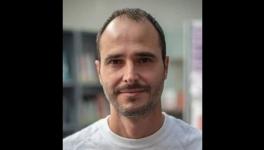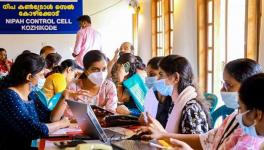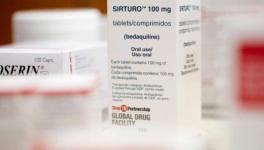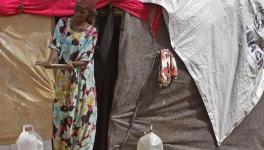New Oral 3-drug Regimen for Drug-Resistant TB Must be Affordable: MSF
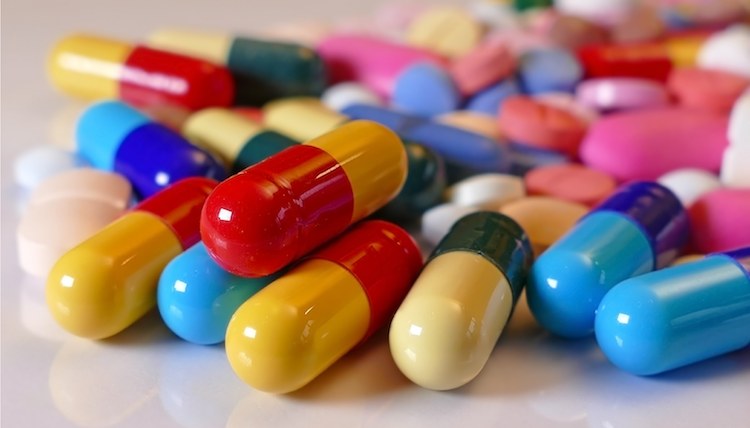
New Delhi: The US Food and Drug Administration (FDA) approved a new oral three-drug regimen for extensively drug-resistant tuberculosis (XDR-TB), estimated to have a mortality rate of 60%. The treatment involves pretomanid tablets in combination with bedaquiline and linezolid, collectively referred to as the BPaL regimen, according to FDA’s statement on August 14, 2019. It has an efficacy rate of 90%.
According to the World Health Organisation (WHO), previously available drugs had a success rate of only 34% for XDR-TB and 55% for multi-drug resistant TB (MDR-TB) cases. They also had severe side-effects like deafness, numbness, joint pain, renal failure, hormonal imbalance, vertigo, among others.
The new regime was tested on 109 patients with XDR-TB and MDR-TB from South Africa in 2015-2017. After a six-month trial, 95 patients were successfully treated. A follow-up of six months was also done. Moreover, the regimen requires to be given to patients only for six-months, while previous treatments required a set of eight antibiotics to be taken daily for 18 months or more depending on the severity.
However, Médecins Sans Frontières (MSF), an international, independent, medical humanitarian organisation, expressed concerns about the affordability of the new drugs. MSF has been involved in TB care for 30 years, often working alongside national health authorities to treat people in a wide variety of settings, including chronic conflict zones, urban slums, prisons, refugee camps, and rural areas.
They said in a statement, “MSF welcomed today’s approval by the FDA of a combination regimen containing a new drug, pretomanid, for the treatment of XDR-TB. As the third new drug developed for TB in over half a century, and the first to be developed as part of a ready-to-use treatment regimen, pretomanid’s approval represents another potent tool for tackling difficult-to-treat drug-resistant forms of TB. MSF stresses that the drug must be made affordable to everyone who needs it, especially considering the substantial taxpayer and philanthropic contributions that went into its development.”
The worldwide TB epidemic has been worsened by the rise of drug-resistant TB (DR-TB), which in 2014 was declared by the WHO as a global health emergency. An estimated 5,58,000 people developed DR-TB in 2017. Highly resistant forms of the disease are particularly hard to treat: in 2015 only 34% of people with XDR-TB were successfully treated, according to MSF.
“The treatment of XDR-TB has been dire ever since this form of the disease was discovered,” said Jay Achar, Infectious Disease Specialist and TB Medical Advisor at MSF. “Having access to effective treatment regimens will give people hope of a cure, and help programmes limit transmission of this deadly bacteria. While safer, simpler regimens are still needed, the shorter treatment duration of this novel regimen is an important step in the right direction.”
Pretomanid, the new drug, was developed by TB Alliance, a not-for-profit organisation funded by the governments of several developed nations and philanthropic sources. MSF said in their statement, “In April this year, TB Alliance granted the first license to the US pharmaceutical corporation Mylan to manufacture, register and supply pretomanid. To date, TB Alliance and Mylan have not made the price of pretomanid public. It has been estimated that generic versions of pretomanid could be produced and sold at a profit for between $0.36 and $1.14 per day.”
They added, “The lowest global prices for the other two drugs in the regimen, bedaquiline and linezolid, already run at around US$3 per day; people needing this treatment regimen would have to take it for six months, amounting to a total price of US$548, before considering the additional price of pretomanid. MSF has called for treatment of drug-resistant TB to be no higher than US$500 per person for a complete treatment course.”
“TB Alliance and Mylan must not squander this opportunity. They must make good on TB Alliance’s mandate to deliver affordable treatment – which is why they received the support of government and philanthropic funding that went into the development of pretomanid and this combination – and provide the drug at an affordable price because when it comes to people with resistant forms of TB, it’s a matter of life or death,” said Sharonann Lynch, HIV & TB Policy Advisor for MSF’s Access Campaign.
Get the latest reports & analysis with people's perspective on Protests, movements & deep analytical videos, discussions of the current affairs in your Telegram app. Subscribe to NewsClick's Telegram channel & get Real-Time updates on stories, as they get published on our website.













